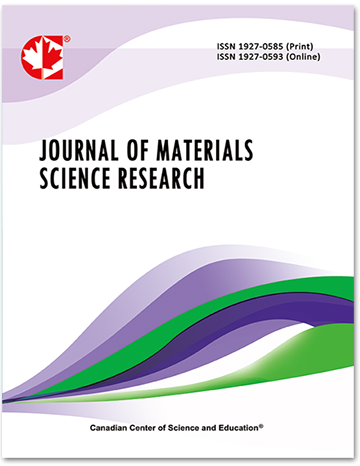Sustainable Thermosets Obtained by Copolymerization of Humins with Triglycidyl Ether of Phloroglucinol
- Roxana Dinu
- Alice Mija
Abstract
The environmental pollution is growing continuously - causing a worldwide problem. Production and use of petroleum-based materials but also huge quantities of industrial wastes are important factors that affect the well-being of the environment. New scientific researches place great emphasis on waste valorization, and also on developing new environmentally friendly bio-based materials. In this work we focus on the valorization of humins, a biorefinery side product, by its copolymerization with a bio-based triepoxide. In this manner we produce materials with a very high bio-based carbon content (BCC) » 94%. The physico-chemical and mechanical properties of the cured bio-based resins were investigated using different technics as TGA, DMA, Shore hardness test, water absorption and solvents resistance. It was revealed that the obtained materials present very good mechanical properties with values of E’ in glassy region » 3.7–5 GPa. The tan δ – maxima of the three humins-based resins are ranging from 122 to 154 °C. The thermosets’ hardness values » 82–85 SD confirm the stiffness of these materials.
- Full Text:
 PDF
PDF
- DOI:10.5539/jmsr.v9n2p1
Journal Metrics
Impact Factor 2022 (by WJCI): 0.583
Google-based Impact Factor (2021): 0.52
h-index (December 2021): 22
i10-index (December 2021): 74
h5-index (December 2021): N/A
h5-median (December 2021): N/A
Index
- CAS (American Chemical Society)
- CNKI Scholar
- Elektronische Zeitschriftenbibliothek (EZB)
- EuroPub Database
- Excellence in Research for Australia (ERA)
- Google Scholar
- Infotrieve
- JournalTOCs
- LOCKSS
- NewJour
- PKP Open Archives Harvester
- Qualis/CAPES
- SHERPA/RoMEO
- Standard Periodical Directory
- Universe Digital Library
- WJCI Report
- WorldCat
Contact
- John MartinEditorial Assistant
- jmsr@ccsenet.org
